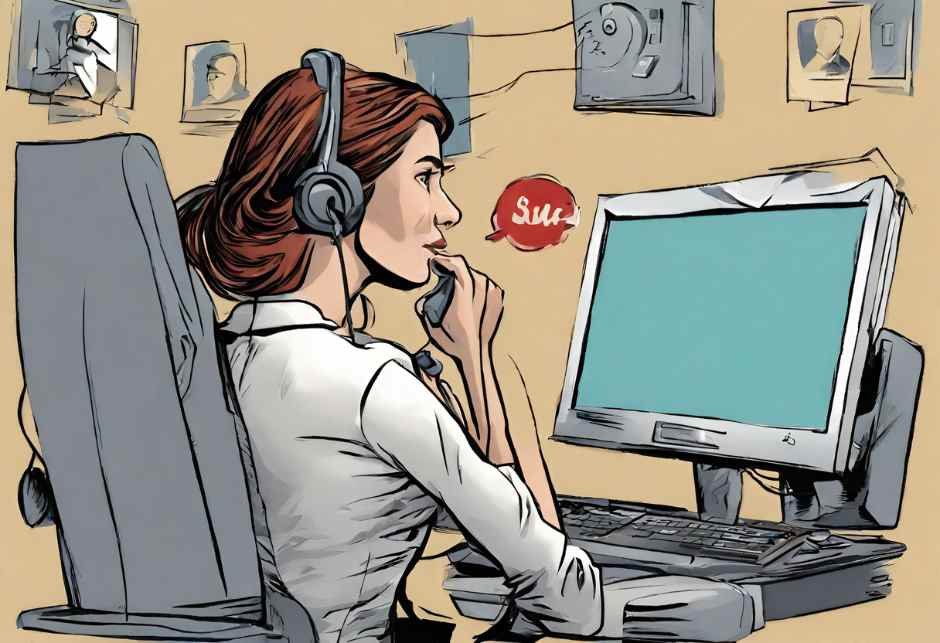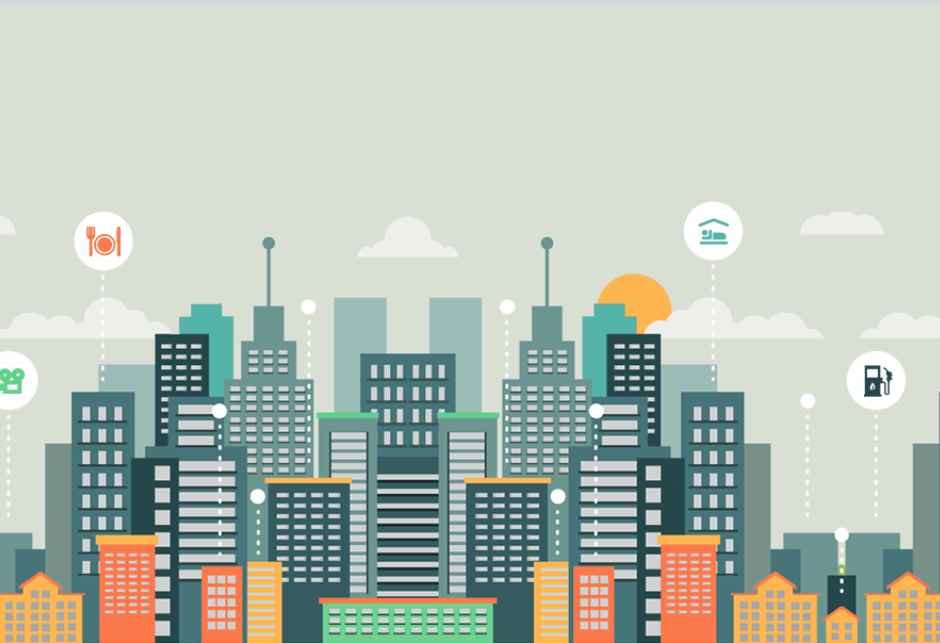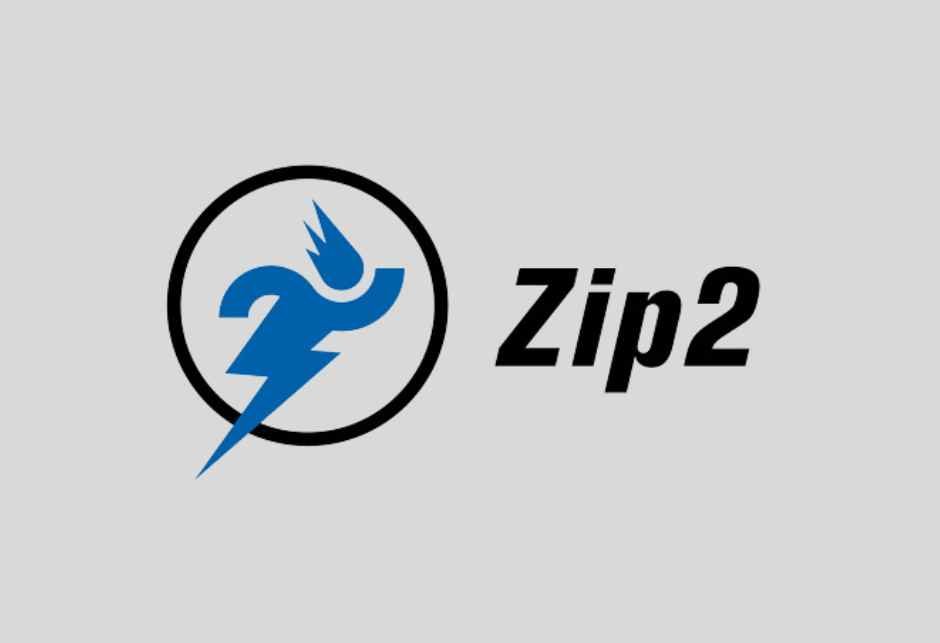Elon Musk inventions are altering the world in a variety of ways. He is the creator and CEO of multiple businesses at the cutting edge of innovation in transportation, energy, aerospace, and biotechnology. Among his many innovations are electric cars and rockets, solar panels and the hyperloop, among others. In this blog, we will look at some of his most innovative and influential ideas, as well as how they have shaped the world through his businesses, products, and patents.
Elon Musk Inventions List
StarLink

Elon Musk, Kimbal Musk, and Gwynne Shotwell founded Starlink in 2014. The network’s construction began in 2015, with the first prototype satellites launched in 2018.
Starlink provides high-speed internet access using a network of low-Earth orbit (LEO) satellites. Because the sun glints off their wings, the satellites are visible to the human eye at sunrise and dusk. They seem as small, bright lights that move quickly. Starlink users often enjoy download speeds ranging from 25 to 220 Mbps, with the vast majority of users experiencing rates in excess of 100 Mbps. Download speeds range between 5 and 20 Mbps.
Tesla

Tesla Motors was started in 2003 by Martin Eberhard and Marc Tarpenning, and was later joined by Elon Musk, JB Straubel, and Ian Wright1. The Tesla Roadster, the company’s first electric vehicle, was unveiled in 2006 and delivered to customers in 2008.
SpaceX

Elon Musk launched SpaceX in 2002 with the goal of creating a commercial space corporation that might lower the cost of space transportation and enable Mars colonisation. The Falcon 1 was the company’s initial launch vehicle, and it became the first privately produced liquid-fueled rocket to reach space in 2008.
Hyperloop

Hyperloop is a planned high-speed transportation system that would employ low-pressure tubes and pods to carry passengers and freight at speeds of up to 760 miles per hour (1,200 km per hour).5 Elon Musk first publicly presented the notion in 2012, when he published a white paper outlining the technical intricacies and practicality of the idea. Since then, multiple firms and organisations, including Virgin Hyperloop, Hyperloop Transportation Technologies, and SpaceX, have been working on developing and testing various components of hyperloop technology.
Web-based phone calls

Web-based phone calls are a type of voice over Internet Protocol (VoIP) that allows users to make and receive calls utilising an Internet connection rather than a regular phone line. VocalTec created the first VoIP software, Internet Phone, in 1995, which allowed users to make PC-to-PC calls over the Internet. Other VoIP systems followed, such as Skype, which debuted in 2003 and allowed PC-to-PC, PC-to-phone, and phone-to-phone calls via the internet.
SolarCity

SolarCity was an online city guide software provider licenced to newspapers. Peter and Lyndon Rive, brothers, founded the business in 2006 with the help of their cousin Elon Musk, who served as chairman and assisted with its launch. The company initially provided solar panels and installation services to residential and commercial customers before expanding to other renewable energy goods and services such as battery storage, solar roofs, and electric vehicle charging stations. Tesla purchased SolarCity in 2016 and rebranded it as Tesla Energy.
PayPal and X.com

PayPal and X.com were two online payment companies that combined in 2000 to form PayPal. Elon Musk started X.com in 1999 with the intention of creating an online bank that would provide a variety of financial services. Max Levchin, Peter Thiel, Luke Nosek, and Ken Howery launched PayPal in 1998 with the goal of creating a means to send money online utilising email addresses. The two companies competed for market share and customers until they decided to merge and focus on online payments. In 2003, PayPal went public, and eBay bought it out the following year for $1.5 billion.
Zip2 Digital city guides

Zip2 was an online city guide software provider licenced to newspapers. Elon and Kimbal Musk, along with Greg Kouri, started the firm in Palo Alto, California, in 1995. Initially providing local companies with an Internet presence, the company later began assisting newspapers in the creation of online city guides and directories. Zip2 has agreements with a number of large newspapers, including The New York Times, Knight Ridder, and Hearst Corporation. Compaq paid $307 million for Zip2 in 1999, and Elon Musk received $22 million for his ownership stake.
Blaster Game

Credit: tvtropes.org
Elon Musk invented the video game Blastar in 1984 when he was 12 years old. The game featured a space shooter in which players controlled a spaceship and had to attack alien freighters carrying hydrogen bombs and status beam machines. The iconic arcade game Space Invaders, which was published in 1978, served as inspiration for the game. Elon Musk sold the Blastar code for $500 to a South African computer magazine named PC and Office Technology. The game may now be played online thanks to Tomas Lloret Llinares, a Google software developer who revived the code and made it available on the web.
FAQ: Elon Musk Inventions
What was the first thing Elon Musk did?
Elon Musk’s first employment was at his cousin’s farm in Waldeck, Saskatchewan, where he tended to vegetables and shovelled grain bins. He also used a chainsaw to cut logs. Later in Vancouver, he was paid $18 an hour to clean the boiler room of a timber mill.
How old was Elon Musk when he made his first invention?
Elon Musk’s first creation was Blastar, a video game he made when he was 12 years old and growing up in South Africa. He sold the spaceship shooting game to PC and Office Technology magazine for $500.
Is Elon Musk an engineer?
Elon Musk is a practising engineer but not a college graduate. He graduated from the University of Pennsylvania with a bachelor’s degree in physics and from the Wharton School of Business with a second bachelor’s degree in economics.
Is Elon Musk self-made?
Elon Musk is self-made in the sense that he did not come from a wealthy family. He made his money through his own business companies, including Zip2, PayPal, Tesla, and SpaceX. Growing up, he did have some advantages, such as access to school, computers, and literature.


